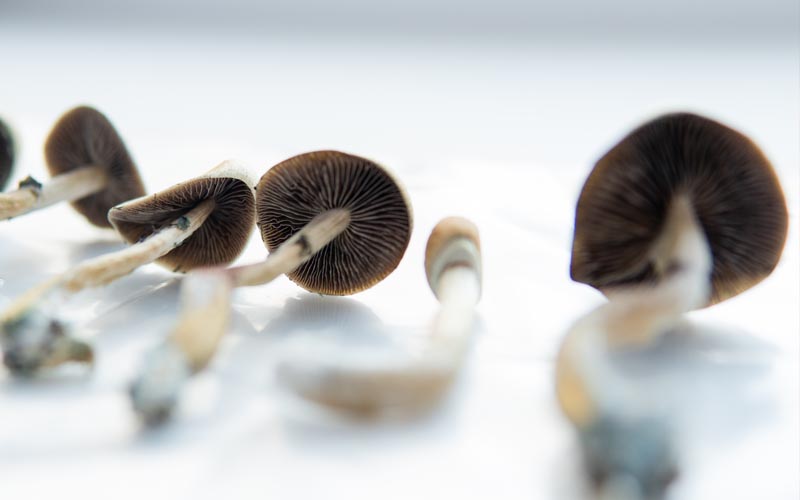
Psilocybin And Mental Health
Psilocybin is the psychoactive compound found in over 200 species of mushrooms. This compound has been used for millennia for spiritual and medicinal purposes. Its uses in the therapeutic setting have been studied for several decades. They have been found to accelerate the recovery process for patients suffering from serious mental illnesses, including major depressive disorder, post-traumatic stress syndrome, obsessive-compulsive disorder, and anxiety disorders.
Psilocybin-Assisted Psychotherapy
When used in a safe therapeutic environment, psilocybin can help patients break free from self-destructive behaviors and patterns. A therapeutic dose of psilocybin will be administered by a psychiatric professional. Once the effects manifest, a therapist will facilitate the session tailored to the patient’s therapeutic goals. Once the effects of the psilocybin wear off, the patient will be debriefed. The therapist will assist the patient in processing and integrating the experience.
Microdosing
In recent years, microdosing with psychedelics has seen a rise in popularity. Microdosing is the process of ingesting very small quantities of a substance daily. Psilocybin microdosing consists of small enough quantities that no psychoactive effects are experienced. Though psilocybin is still classified as a Schedule I substance, many people are turning to microdoses of this compound for relief from symptoms of depression and anxiety. Psilocybin has received approval for research and study purposes and has been decriminalized in a handful of states and cities. Its use in this manner has not been scientifically studied or approved in the United States.
Effects of Psilocybin
Psilocybin has psychoactive properties similar to LSD, lending to experiences of altered consciousness and perception, hallucinations, time dilation, profound spiritual connection and introspection, and euphoria. Once the immediate effects of psilocybin wear off, the patient may experience long-lasting relief from symptoms. Relief may last anywhere from a few months to years.
Risks of Psilocybin
As with any psychoactive compound, psilocybin is not without its risks. Patients may experience delusions, drowsiness, headache, nausea, anxiety, paranoia, or psychosis during the session. Some patients may experience a bad trip, characterized by intense feelings of fear or anxiety. For these reasons, psilocybin use for mental health treatment should only be done under the supervision of a trained mental health professional. Patients who experience a bad or intense trip will still generally experience long-lasting benefits and symptom relief.
Who Should Not Take Psilocybin
Individuals diagnosed with bipolar disorder or schizophrenia or have experienced mania or psychosis should not take psilocybin or participate in psilocybin-assisted psychotherapy.
Seeking Treatment
If you want to pursue psilocybin-assisted psychotherapy, you may need to travel to experience it. Currently, Oregon is the only state that has legalized the use of psilocybin in controlled and regulated environments. Psilocybin retreats can be commonly found in Mexico, Jamaica, and the Netherlands.
